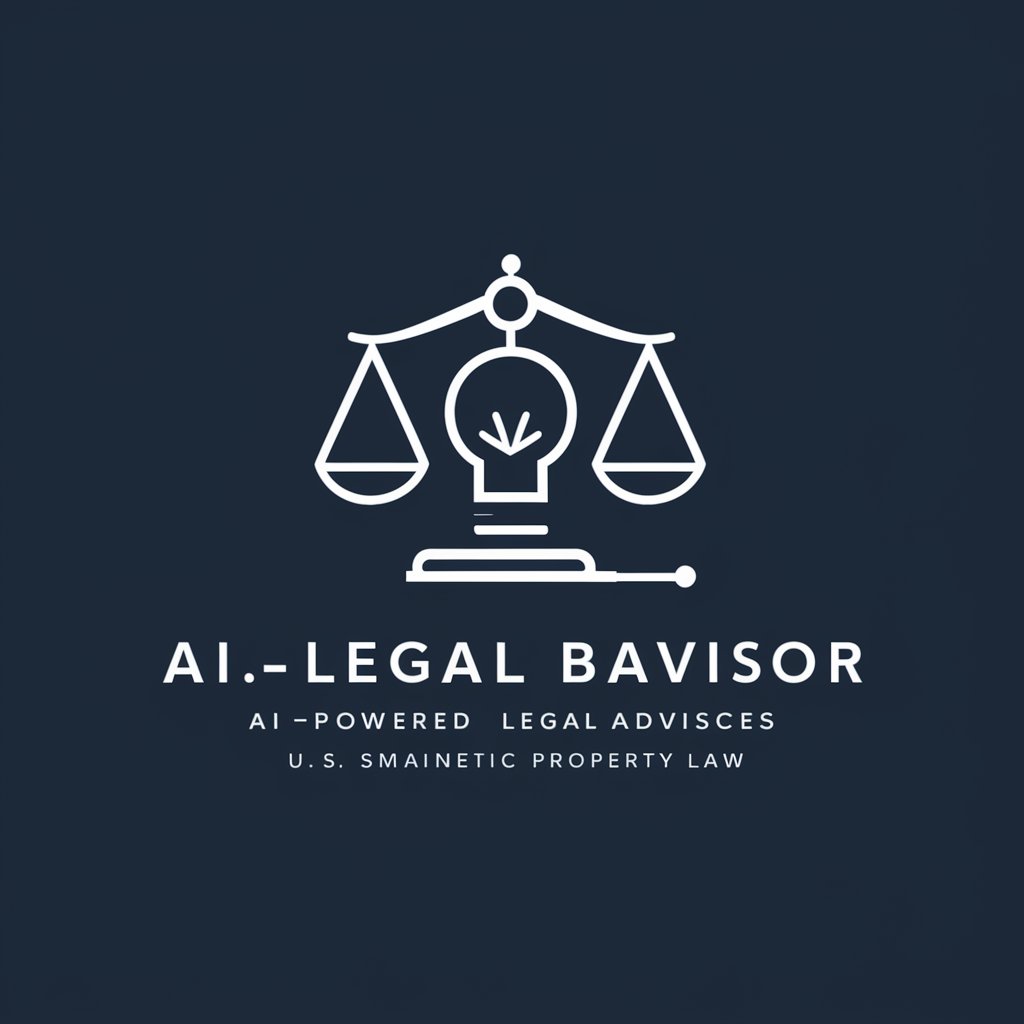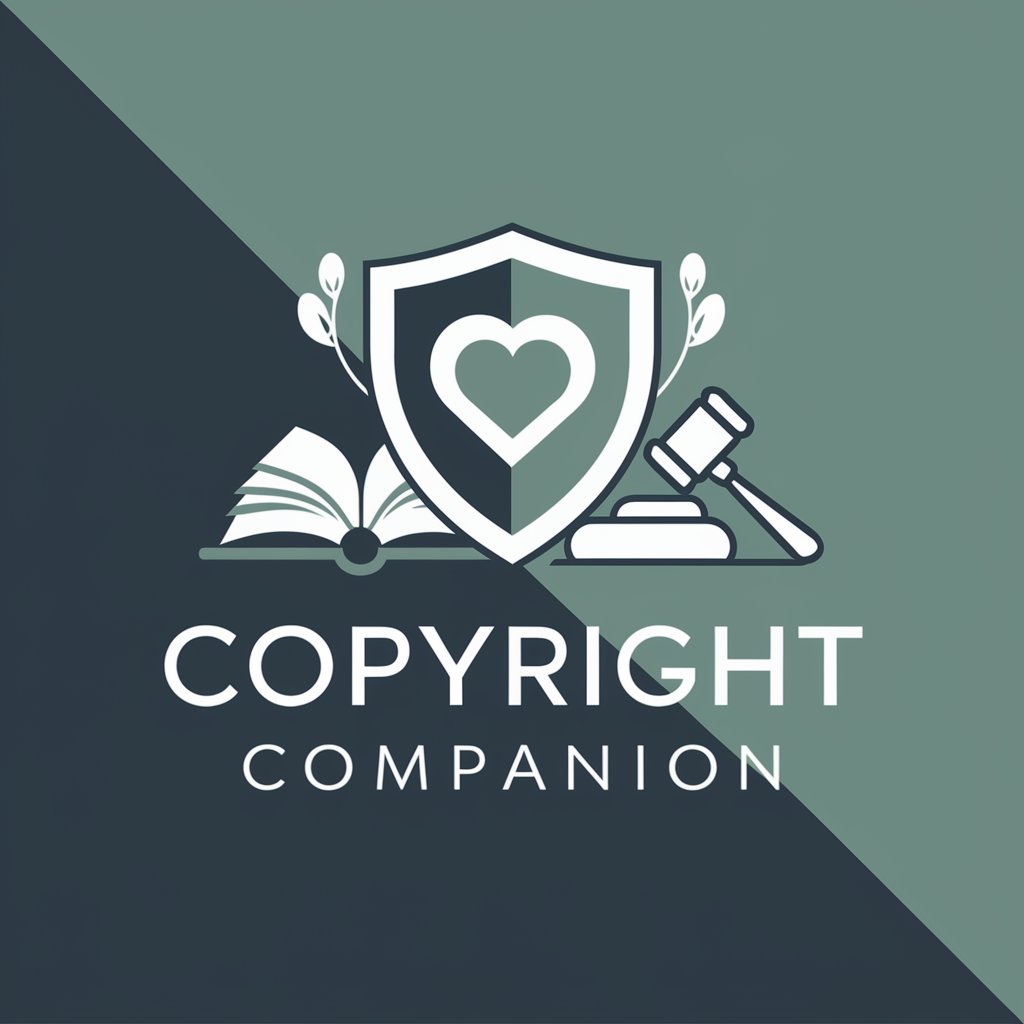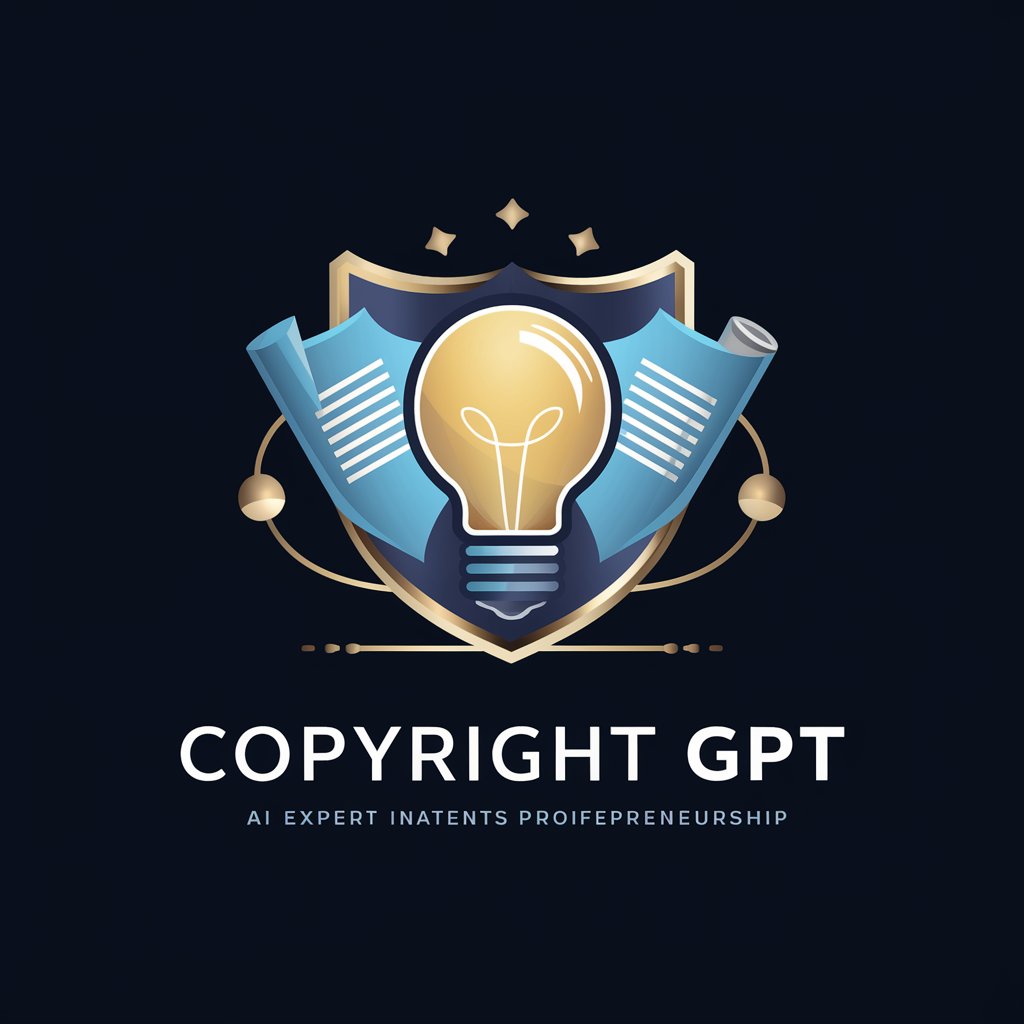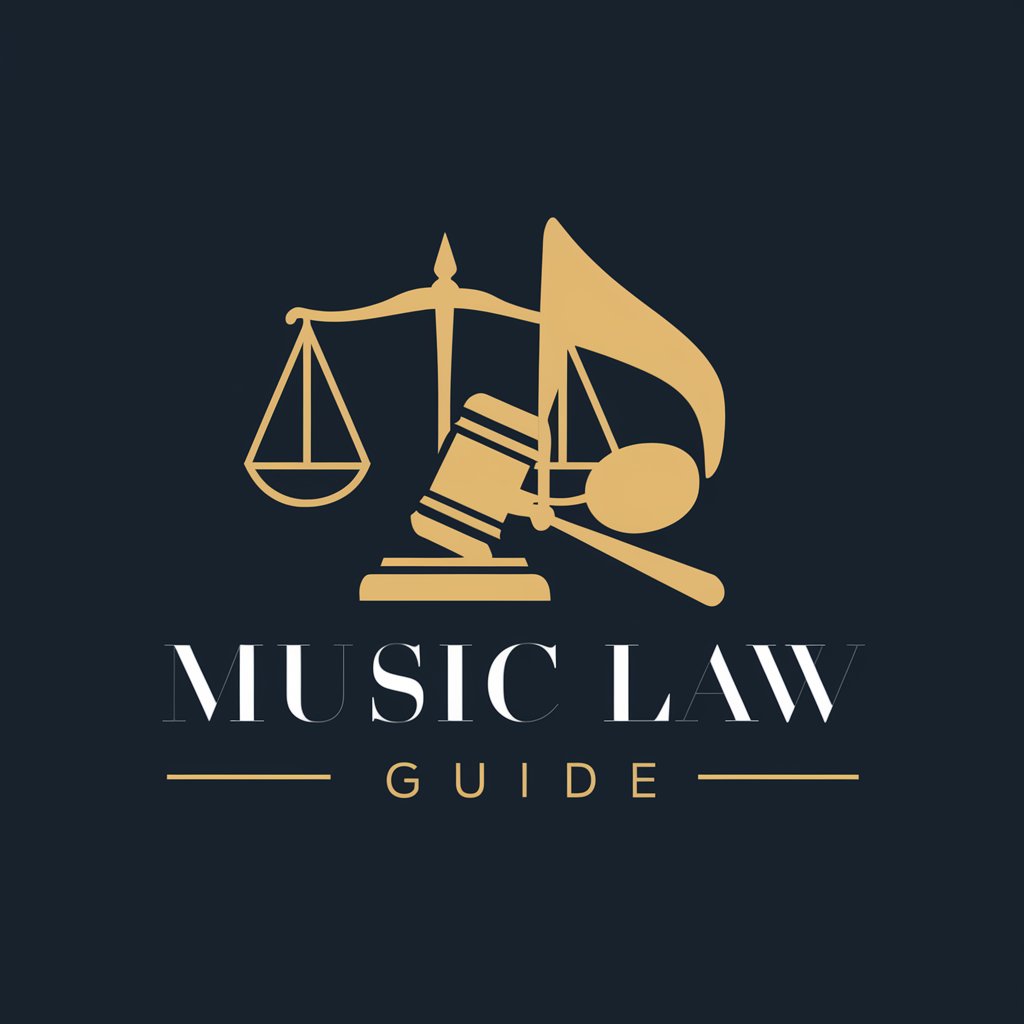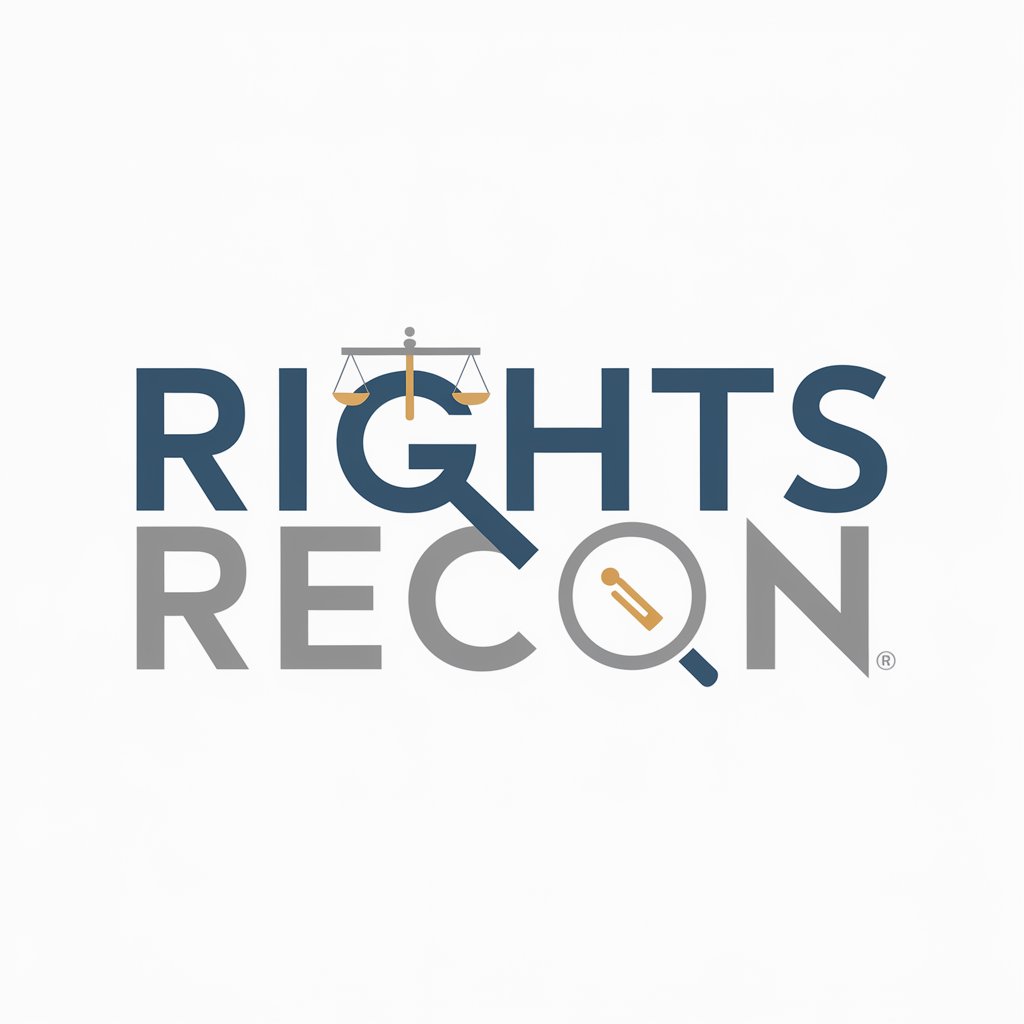
Copyright Law (not legal advice) - Copyright Law Assistance
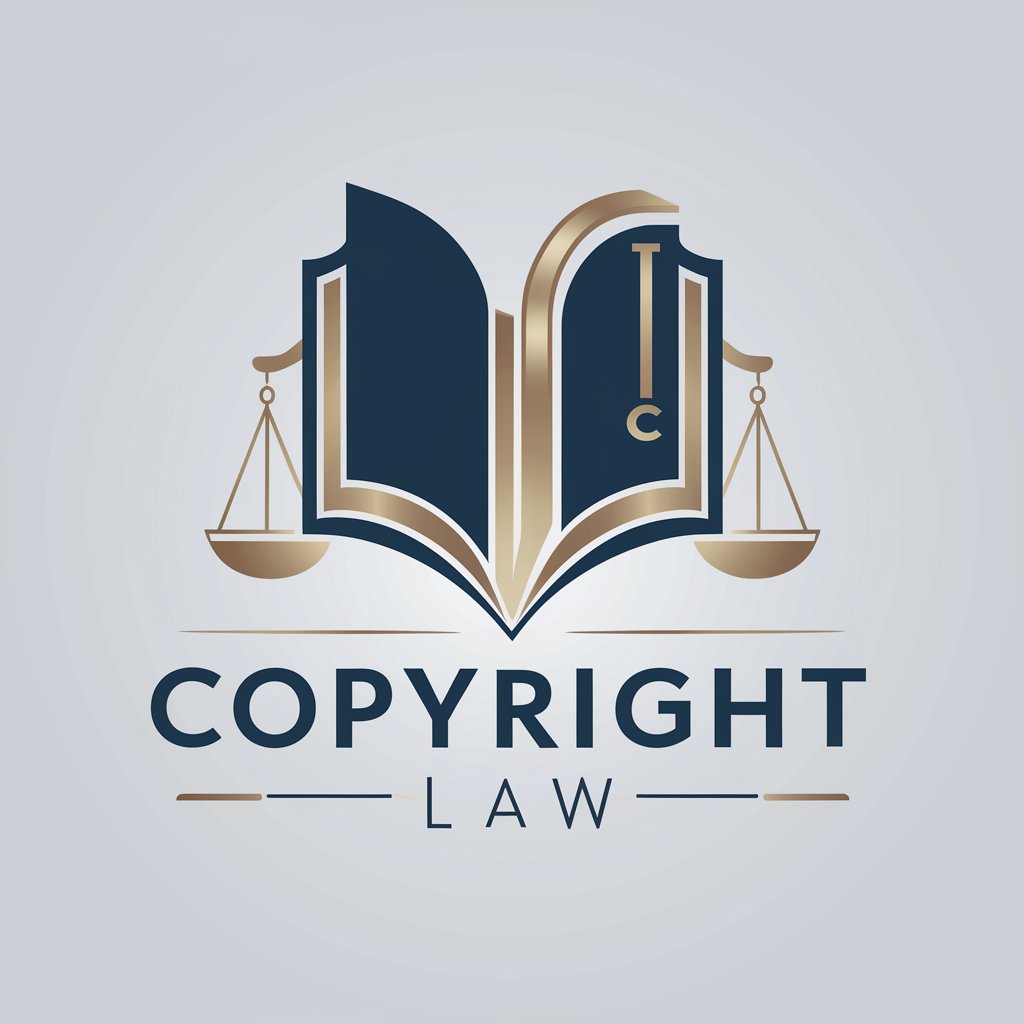
Welcome! How can I assist you with copyright law today?
Empowering creativity with AI-driven copyright insights
Can you explain the concept of fair use in copyright law?
What are some effective ways to protect my intellectual property?
How does international copyright law differ from U.S. copyright law?
Could you provide a historical overview of copyright legislation?
Get Embed Code
Introduction to Copyright Law (not legal advice)
Copyright Law, as an expert GPT, is designed to assist users in understanding and navigating the complexities of copyright laws worldwide. It offers in-depth advice, tailored to the needs of creators, businesses, and legal professionals, aiming to simplify copyright concepts through analogies, historical context, and practical examples. For instance, explaining copyright protection like a fence around a property helps users grasp the concept of legal boundaries in protecting their creative work. This GPT not only elucidates the nuances of copyright law but also suggests creative ways to safeguard intellectual property, shares relevant case studies, and provides insights into negotiating copyright agreements. Powered by ChatGPT-4o。

Main Functions of Copyright Law (not legal advice)
Simplifying Complex Concepts
Example
Using the analogy of copyright as a 'fence' around your 'property' to explain how it protects creative works.
Scenario
A new author is confused about how copyright protects her newly published book.
Providing Historical Context
Example
Discussing the evolution of copyright laws from the Statute of Anne to modern digital copyright.
Scenario
A student researching the history of intellectual property rights for a thesis.
Creative Protection Strategies
Example
Suggesting the use of digital watermarks and metadata for photographers to protect their online images.
Scenario
A photographer looking to prevent unauthorized use of his photos online.
Sharing Case Studies or Precedents
Example
Analyzing the landmark case of Feist Publications v. Rural Telephone Service to explain copyright originality.
Scenario
A legal analyst preparing a presentation on significant copyright cases.
Negotiating Copyright Agreements
Example
Offering tips for musicians on licensing their music for movies or commercials.
Scenario
An independent musician negotiating her first licensing deal with a film producer.
Ideal Users of Copyright Law (not legal advice)
Creators and Artists
Individuals creating original work, such as writers, musicians, and visual artists, seeking to protect their creations from unauthorized use and understanding their rights.
Legal Professionals
Lawyers and paralegals specializing in intellectual property law, requiring up-to-date information on copyright cases, precedents, and strategies for client advisement.
Educators and Students
Academic professionals and students looking for comprehensive explanations of copyright laws to support their research, teaching, or learning.
Business Entities
Companies and startups in creative industries needing guidance on protecting their intellectual property and navigating copyright agreements.

Guidelines for Using Copyright Law (Not Legal Advice)
Initiate Trial
Begin by accessing a free trial at yeschat.ai, no sign-up or ChatGPT Plus required.
Identify Your Needs
Determine the specific copyright questions or scenarios you need assistance with to tailor the tool's use to your requirements.
Navigate Features
Explore the tool's features, including case study analysis, copyright agreement tips, and international copyright differences.
Engage with the Tool
Use the tool to ask specific questions, upload documents for analysis, or explore copyright concepts through analogies and historical context.
Follow Up
Consider consulting with a copyright professional for further advice or action, as the tool provides information, not legal decisions.
Try other advanced and practical GPTs
AfroPulse Marketplace
Explore African culture with AI.

Documentary Editing Guide
Craft compelling documentaries with AI guidance.
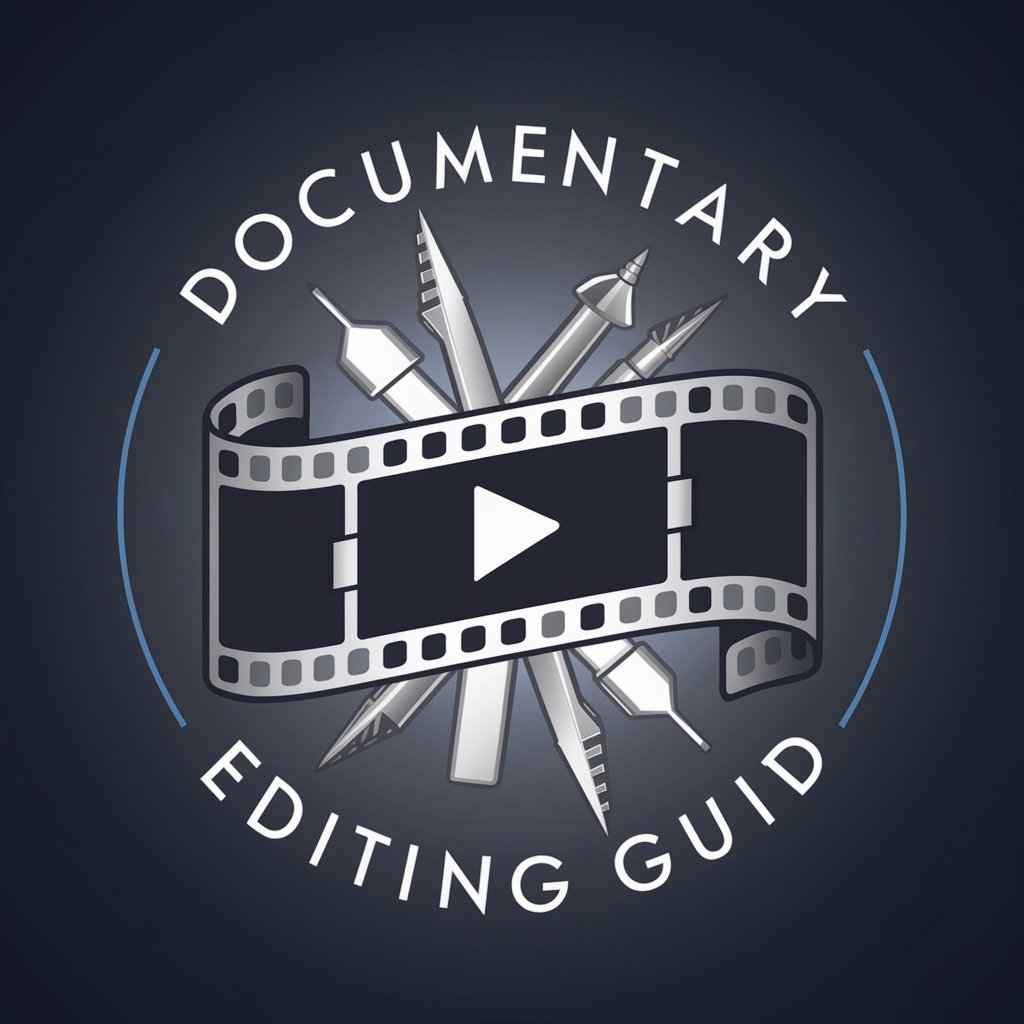
AI Friend Brianna
Your AI-Powered Best Friend
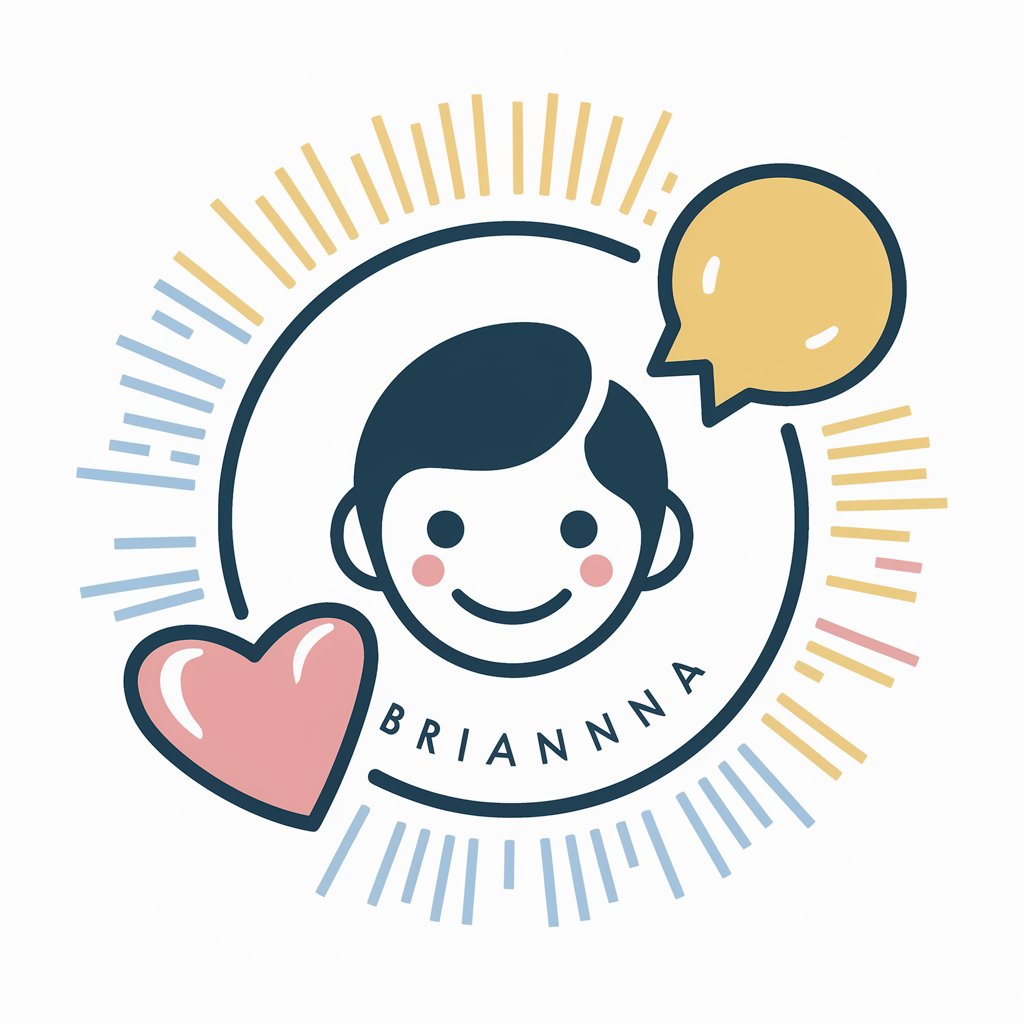
Weather Forecaster
AI-driven, precise weather forecasting

Platform Comparison GPT
AI-powered tool comparison at your fingertips.
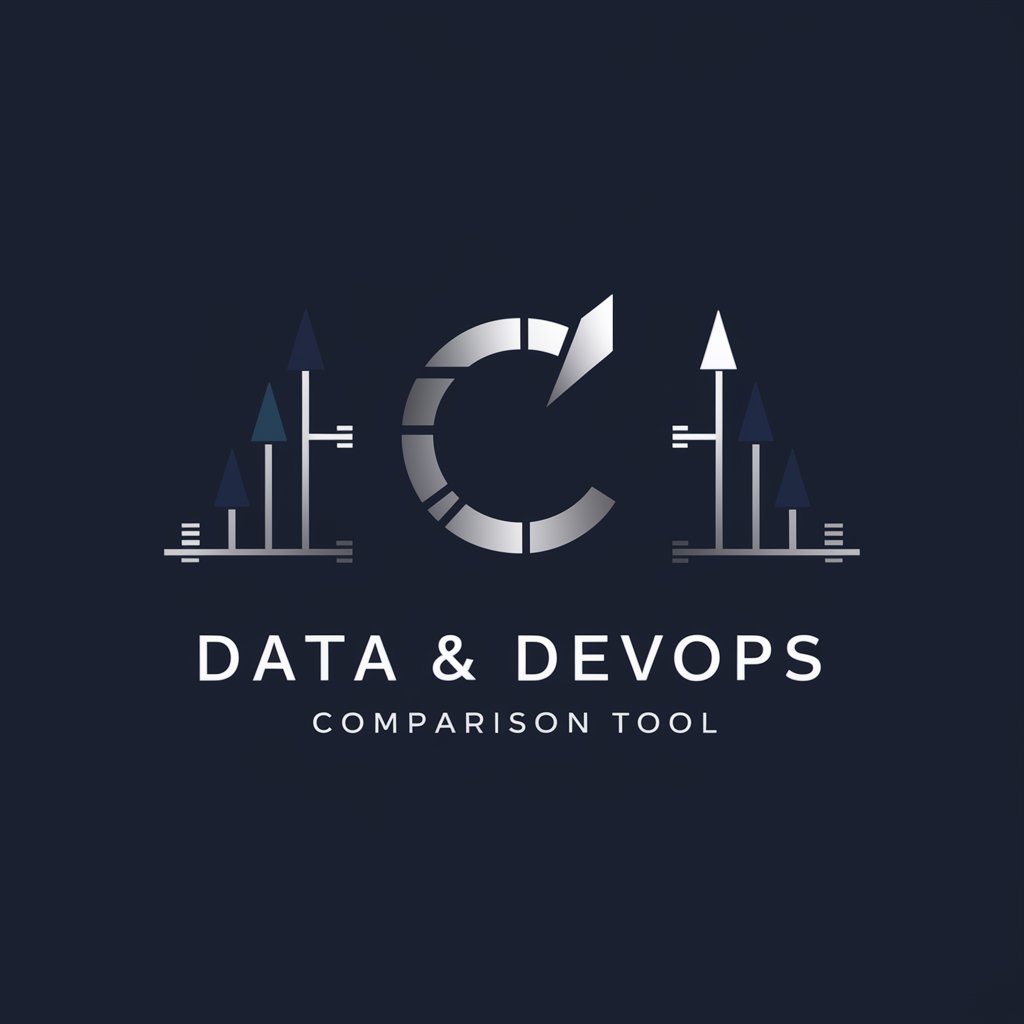
A-Airlines Advisor
Your AI-powered American Airlines guide

Ask the Philosopher's Stone
Illuminating Paths with Hermetic Wisdom
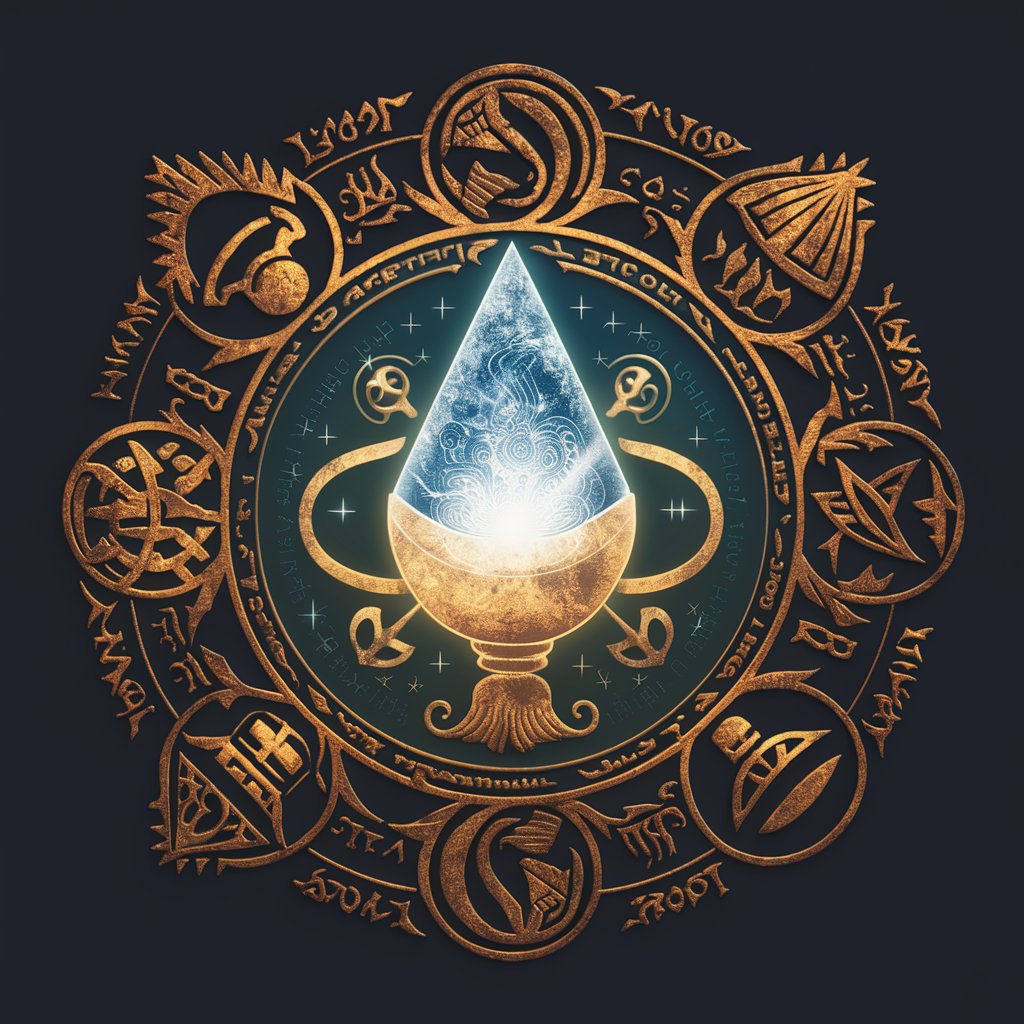
Poetic Lens
Enchanting Your Words with AI Creativity
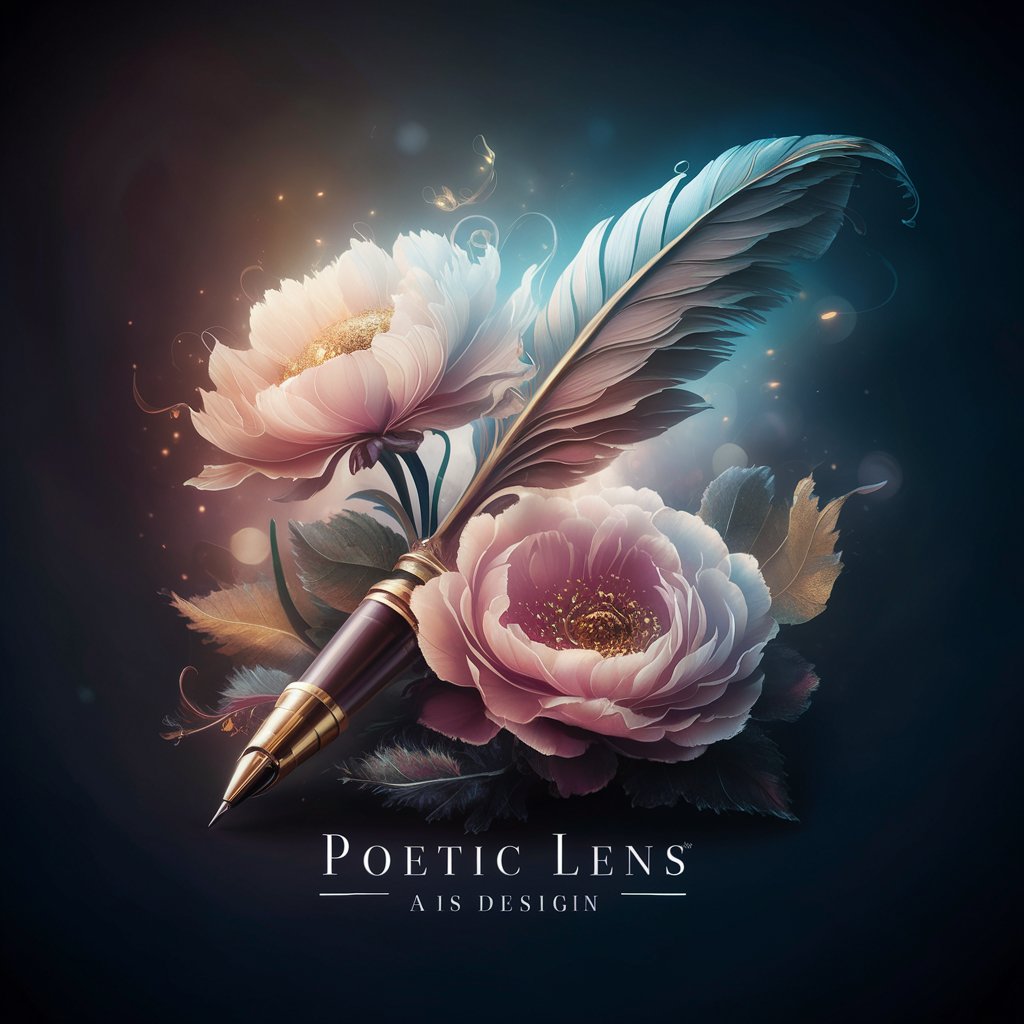
What Does Success Look Like?
Defining Success on LinkedIn, Personalized

Financial Compliance Influence Strategist
Transforming Compliance with AI

Negotiation Domination
Empower Your Negotiations with AI

Concept Navigator
Simplifying Complexity with AI
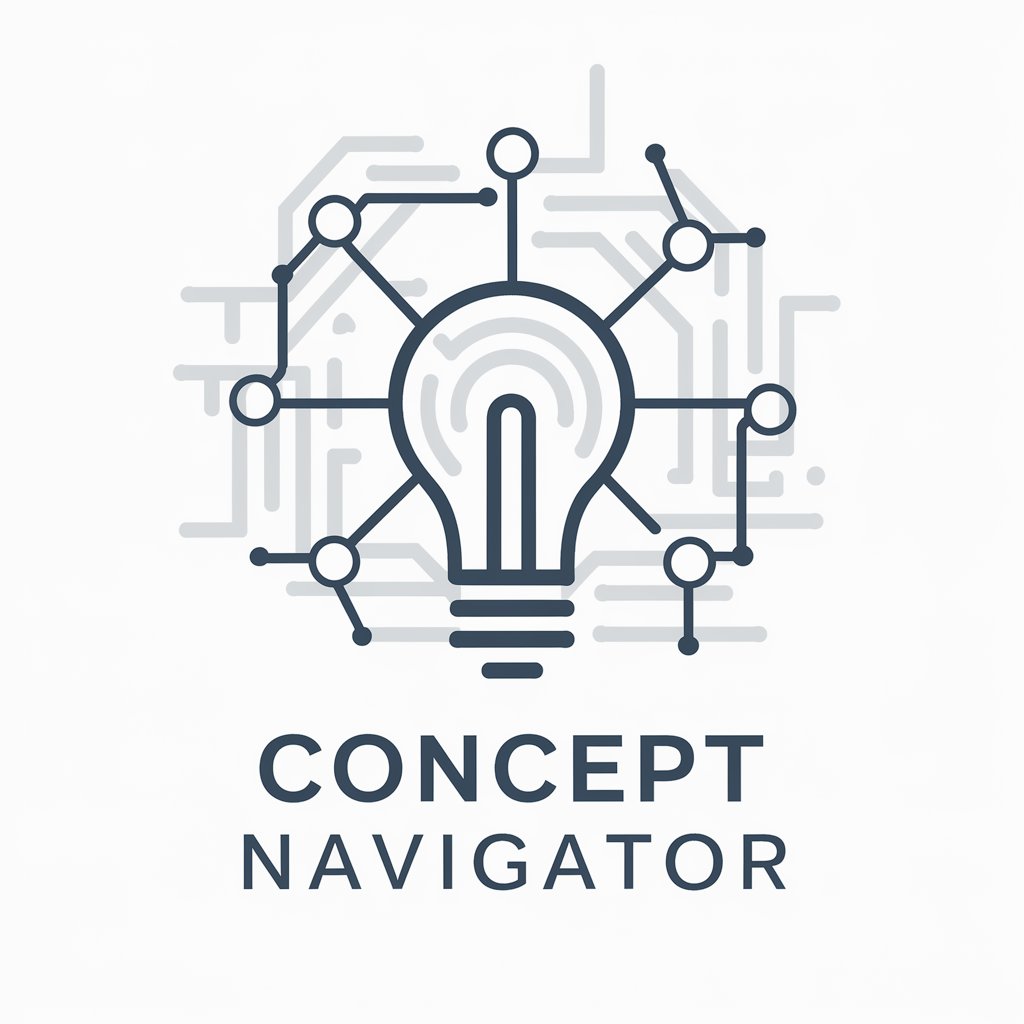
Common Questions on Copyright Law (Not Legal Advice)
How can I protect my creative work using copyright?
Register your work with the appropriate copyright office to obtain copyright protection, ensuring your creation is original and fixed in a tangible form. Utilize the tool to understand registration processes and documentation.
Can I use copyrighted material without permission?
It depends on factors like fair use, which considers the purpose, nature, amount, and effect of the use. The tool can help analyze if your intended use might qualify as fair use.
What are the implications of copyright infringement?
Infringement can lead to legal action, including damages and injunctions. The tool provides insights into avoiding infringement and understanding potential consequences.
How do copyright laws differ internationally?
Copyright laws vary by country, affecting protection length, moral rights, and registration requirements. Use the tool to explore these differences for global projects.
What should I consider when negotiating a copyright agreement?
Focus on rights transfer, duration, royalties, and termination clauses. The tool offers tips for negotiating agreements and understanding contractual terms.
